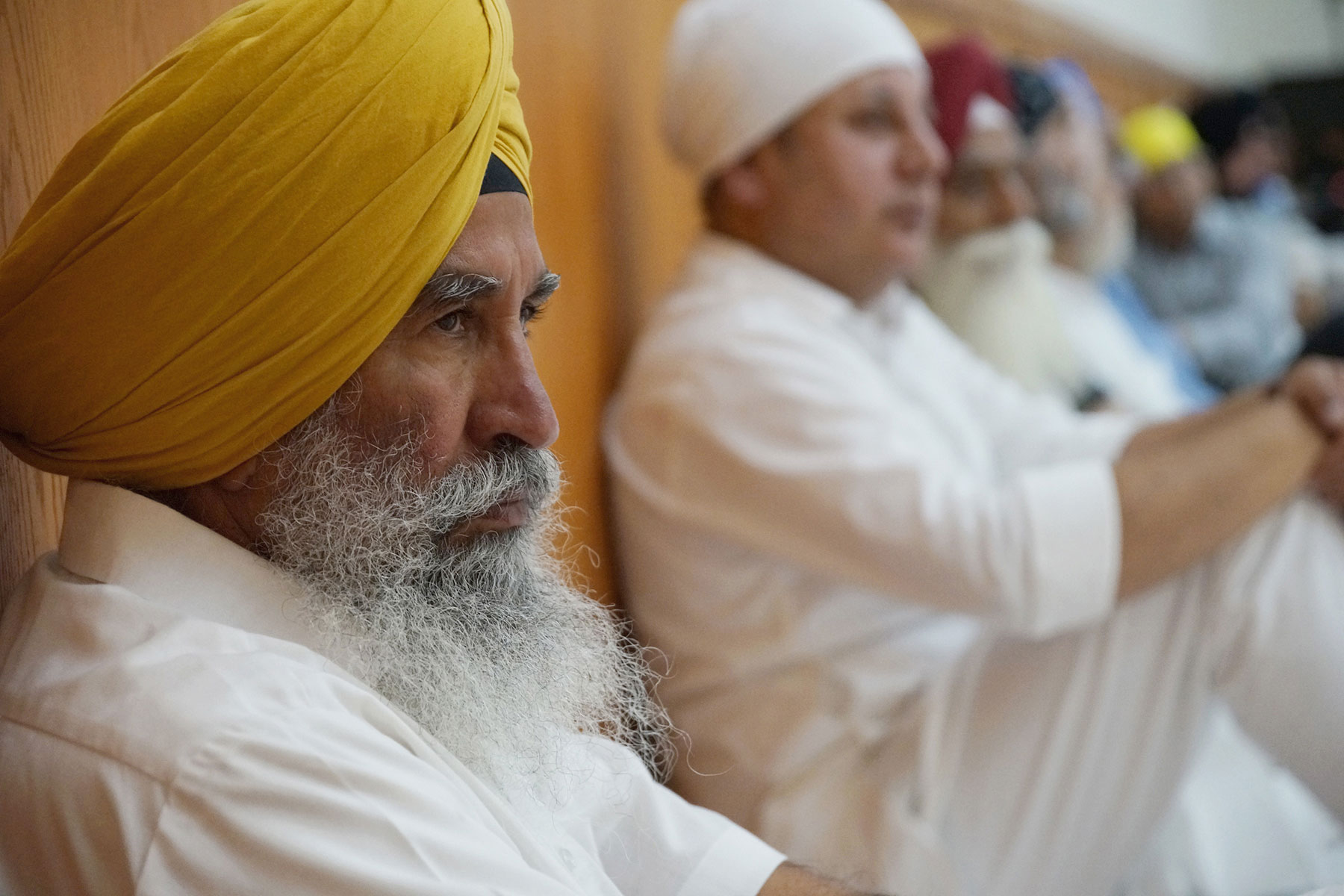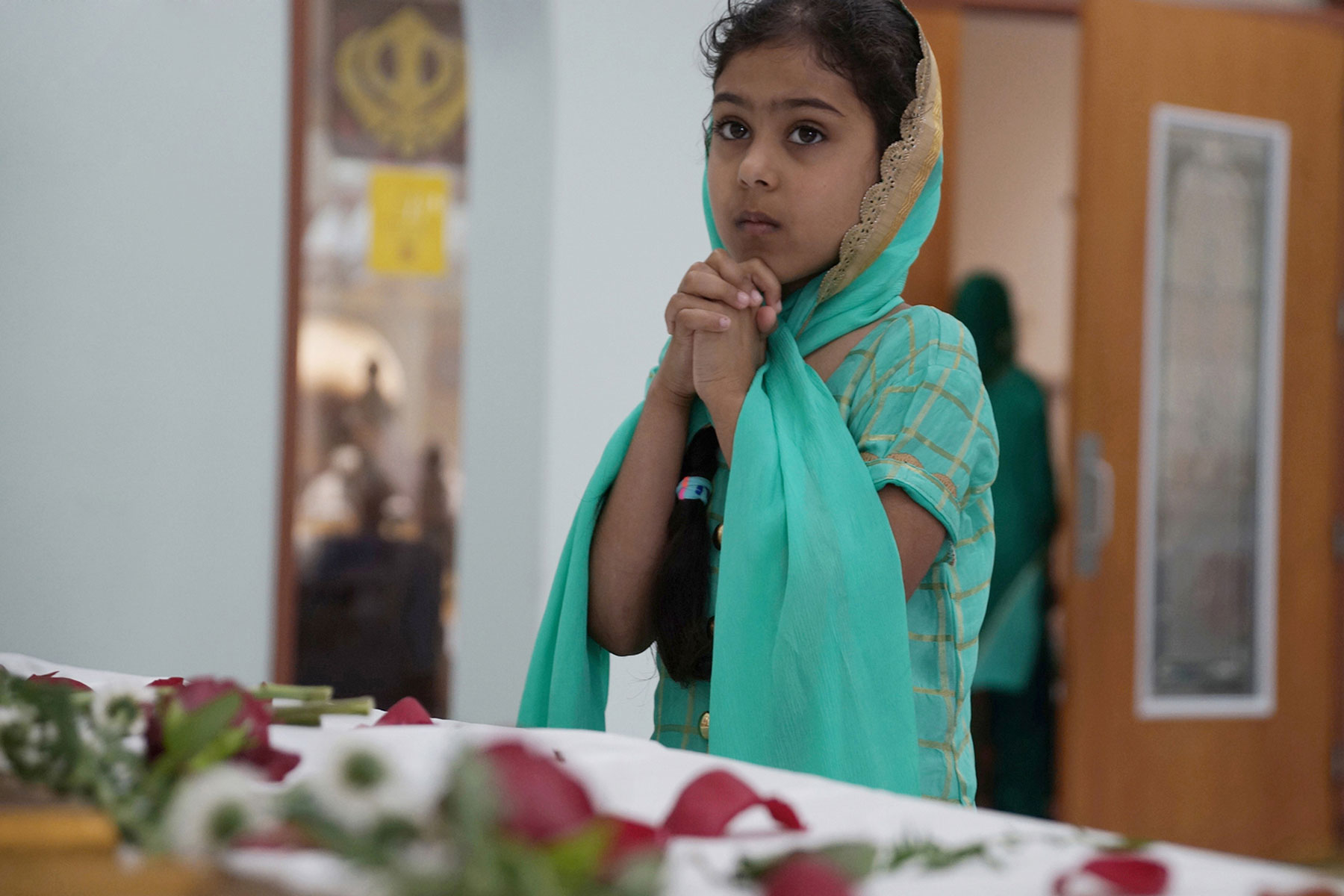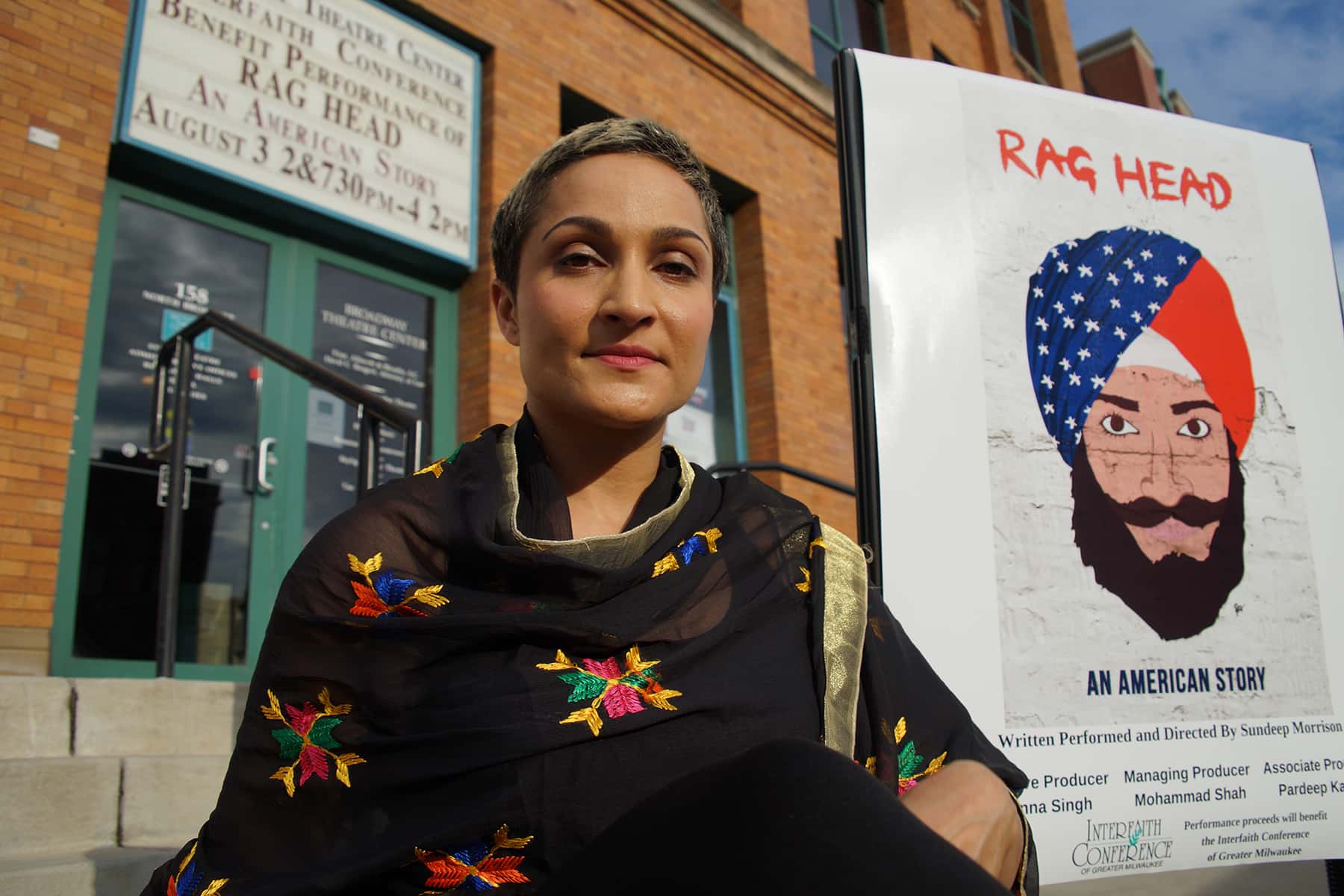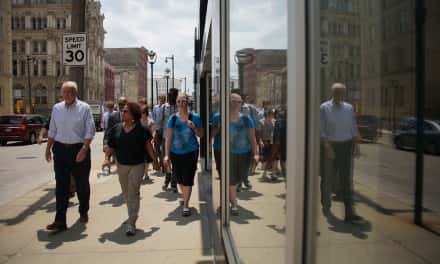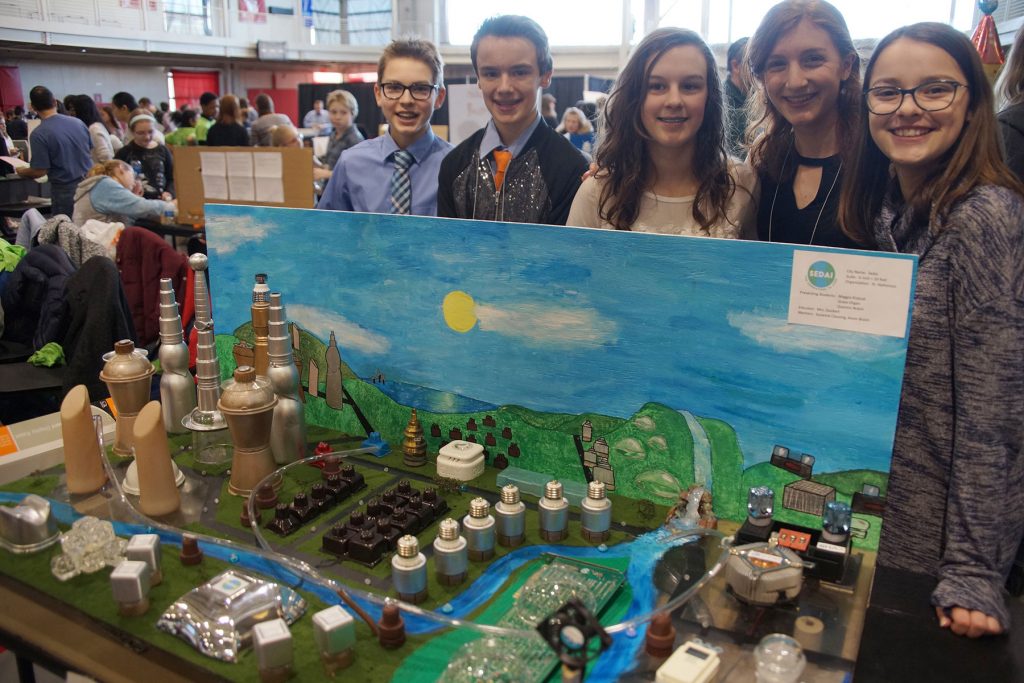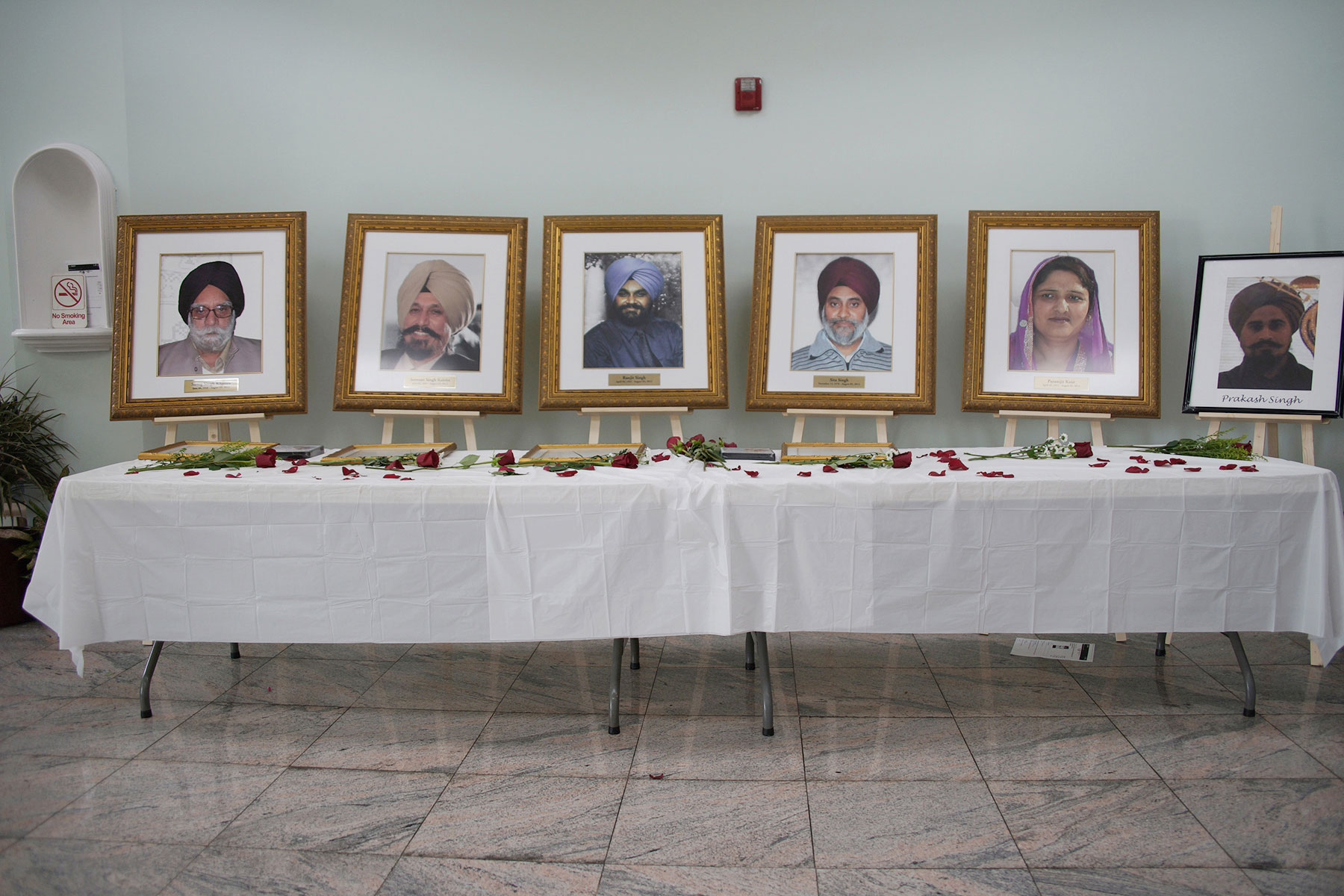
“Go back to your country,” was the last thing Deep Rai, an India-born U.S. citizen heard as he stood in the driveway of his suburban Seattle home before being shot in the arm by a white man.
This is a common sentiment shouted by white men who have perpetrated hate crimes against U.S. citizens, white men who view citizens like Rai as impostors simply because of the color of their skin. As a child of Indian immigrant Sikhs, we have heard the same words shouted at our mothers and fathers who wears a turban and salwars. This type of hate speech is intended to “other” our existence and claim that we have no right to call the land beneath our feet our home.
The Broadway Theatre Center presented three performances over the August 3 and 4 weekend of the play ”Rag Head: An American Story.” The play depicted the lives of multiple characters who explored their complicated relationships with one another, and explored their changing relationships to our country.
In July, when the president uttered the same phrase heard by Deep Rai, “go back to your country,” directed toward four U.S. congresswomen who are U.S. citizens and women of color, it awakened the subconscious rejection felt by so many. Not only was the comment hurtful but dangerous, as it stoked the visceral hatred and upped the threats directed toward the congresswoman.
Toxic political rhetoric in the U.S. is echoed in society often with dangerous and devastating effects. Our families know this all too well. On Aug. 5, 2012, a white supremacist entered a Sikh temple in Oak Creek, Wisconsin, and murdered six people. Our parents are members of that temple. We will never know what was uttered by the perpetrator before he took the lives of six innocent Indian-Americans, but we do know that hate and indifference was a factor.
We keep thinking to ourselves: When will things change? These hate attacks keep happening with very little outlook and vision to make things more peaceful. We are afraid each day to send our kids to school because we do not know what lies ahead in these dire, bleak and dreary times. When will the “I” become “we,” and when will the “we” become “us”? We hope that things will get better, but the question is when?
This forum of life keeps going on, but when will we start to embrace each other, and show each other love? Love is what the world needs most as it’s purest form of light. The hate is causing trauma, fear and shock to people. Joseph Campbell once wrote to “follow your inner bliss,” but we are swayed away from that with propaganda, media and violence each day. The wonder in life is what keeps us all going. Love is what we all need, and this play will be an expression of that.
“Rag Head” conveyed the trauma people in our current dynamics of a multiracial and intercultural society face. The play also showed different facets of society, and the complexities that people endure to survive in American culture.
Hate and indifference blinded the shooter from seeing a congregation filled with people of color as his fellow Americans. With the seven-year remembrance of the Oak Creek Sikh Temple shooting just days away, we cannot help but be filled with sadness, anxiety, and fear. A shared feeling by many of those affected by the tragedy. Our words carry gravity. The president, whose words are echoed around the world, has created divisiveness in our nation. Those like us are left to wonder how can we stand united when what it means to be an American divides us? We need to work together to change this condition.
Pardeep S. Kaleka, Shehbaz Kaleka, and Sundeep Morrison
Lee Matz

